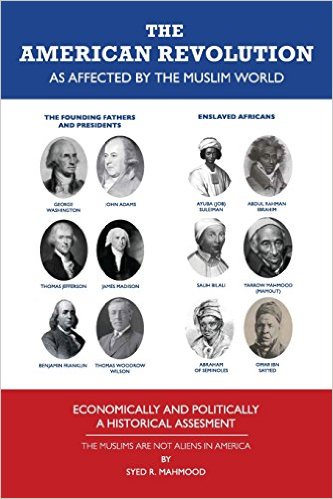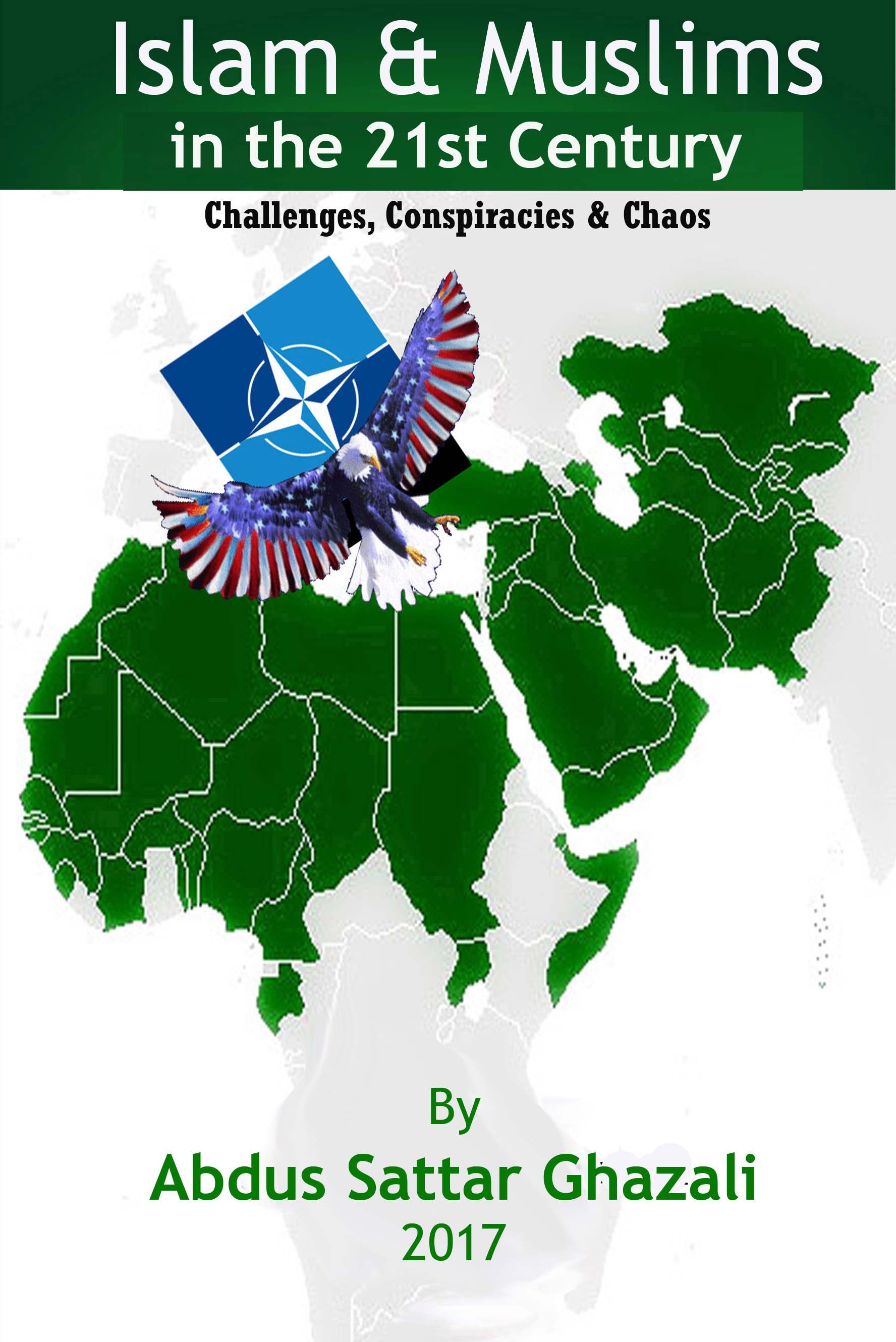November 23, 2020
Nagorno-Karabakh inseparable part of Azerbaijan, says Putin
By Abdus Sattar Ghazali
Nagorno-Karabakh is an inseparable part of Azerbaijan, Russian President Vladimir Putin said Sunday.
According to Daily Sabah, Putin told Rossiya 1 TV, the fact that Armenia has not recognized the sovereignty of occupied Nagorno-Karabakh has proven that the area is an inseparable part of Azerbaijani territory.
The Russian president noted that Armenia's and the neighbors' refusal to recognize the occupied territory and international law have all supported Azerbaijani legitimacy over the area.
Armenia and Azerbaijan agreed to a Russian-brokered cease-fire on Nov. 9 after six weeks of fighting over Nagorno-Karabakh. Under the agreement, Azerbaijan will regain control of three districts that have been ruled by the Armenian forces since the 1990s.
Around 2,000 Russian peacekeepers have been deployed in Nagorno-Karabakh under the terms of the deal. Russian Defense Minister Sergei Shoigu said Saturday they had secured the return of 7,000 refugees, who were displaced during the recent fighting.
CSTO pact
Referring to the Collective Security Treaty Organization (CSTO), President Putin said the pact proposed mutual assistance in case of an attack on the territory of a member state, but no attack has been made on Armenian land by Azerbaijan, which meant that Russia did not have the prerogative to interfere.
Putin also noted that Moscow has fulfilled its pledges as part of the military-technical assistance cooperation framework with Yerevan. "I can assure you that Yerevan did not feel abandoned and Russia has done everything to make sure this did not happen," he added.
Armenian Prime Minister Nikol Pashinian called Saturday for greater military cooperation with Russia, a day after Azerbaijani troops began moving into the disputed territory previously held by Armenian separatist forces.
Monitoring Centers
With the Minsk Group failing to find a solution to the Nagorno-Karabakh conflict, Turkey and Russia had to take the initiative, said Eşref Yalınkılıçlı, a Moscow-based Eurasia analyst. Although Russia initially seemed hesitant to support Turkey's involvement in the peace process, Azerbaijan's advocacy for the partnership seemed to solve that problem, Yalınkılıçlı added.
Turkey and Russia November 11 signed an agreement for establishing a joint center to monitor the cease-fire in Nagorno-Karabakh. Still, since then there has been speculation about the nature of the deal. Some claim that Russia is, in fact, still not in favor of sharing peacekeeping responsibility with Turkey.
Mehmet Oğuzhan Tulun, an analyst at the Ankara-based Eurasian Studies Center (AVIM), said that although the two countries' historical conflicts in the region make it reasonable for Russia to be uneasy about Turkey's presence in the southern Caucasus, the latest developments seem to indicate that Russia values Turkey's role in the peacekeeping process.
"The latest statements from the Russian authorities and the two countries’ agreement on forming a peace protection center signals that Russia has acknowledged the fact that Turkey’s presence in the region is critical for the peace’s establishment," Tulun said.
"Media outlets of the Minsk countries that were excluded from the peace process, namely the U.S. and France, aim to create an atmosphere as if Turkey and Russia are confronting each other over Nagorno-Karabakh. However, despite these types of provocations, just like the balance in Syria between Turkey and Russia, I expect a similar balance between the two in Nagorno-Karabakh as well," Tulun said.
The Turkish Parliament last week overwhelmingly approved the deployment of Turkish peacekeeping troops to Azerbaijan. The mandate will allow Turkish forces to be stationed at a security center for one year as part of an accord between Ankara and Moscow to monitor the implementation of the cease-fire.
Status of Nagorno-Karabakh
"Russia and Turkey are currently in agreement on Turkey’s military presence in Azerbaijani territories outside Nagorno-Karabakh. Russia probably assumes that Turkey’s presence in Karabakh would create indignance within Armenia, and Russia would be the one which is blamed for it, forming an anti-Russia stance. So, Turkey’s presence in Karabakh is a sensitive issue for Russia, and in order for Moscow to be convinced of it, a harsh negotiation process between the two would be needed," Tulun said.
To borrow Salih Yılmaz, an academician at Ankara's Yıldırım Beyazıt University and the head of the Russia Studies Institute, Russia’s upcoming policy in the region is to "give an autonomous status to Nagorno-Karabakh within Azerbaijan, normalize ties between Turkey-Armenia and Azerbaijan-Armenia and enable the region to be economically active."
25 Russian peacekeepers’ posts established in Nagorno Karabakh
By Abdus Sattar Ghazali
Russian peacekeepers have deployed 25 observation posts in Nagorno Karabakh for observing the preservation of the ceasefire. Armenian news agency quoted a statement by the Russian Defense Ministry as saying that the deployment of peacekeepers in Nagorno Karabakh continues in line with the November 10 decree of the Russian President.
The statement also said that starting from November 10, 162 flights have been carried out to transport peacekeepers and military equipment.
Moscow persuaded Ankara not to send peacekeepers to NK
Moscow has been able to persuade Azerbaijan and Turkey that conditions that can thwart the agreements on Nagorno Karabakh should not be created, the Armenian news agency said Tuesday.
Russian President Vladimir Putin told Russia-24: ''As refers to the peacekeeping mission, Azerbaijan and Turkey always talked about the possibility of Turkey's participation in peacekeeping efforts. Anyway, I think that we have been able to persuade our Turkish partners and our colleagues in Azerbaijan that conditions that can thwart our agreements should not be created, conditions that can push one of the parties of the agreement to some extreme methods and extreme actions'', Putin said.
Status of Nagorno Karabakh is not decided yet
The status of Nagorno Karabakh is not decided yet, reports Russian President Vladimir Putin told Russia-24.
''We have agreed to preserve the status-quo, and it's still necessary to decide what will happen in the future. I think that if favorable conditions are created, relations between Armenia and Azerbaijan are restored, including between the peoples at the social level, they will also create conditions to decide the status of Nagorno Karabakh'', Putin said.
''As refers to recognizing or not recognizing Karabakh as an independent and sovereign state, it can be variously assessed, but that was undoubtedly an important factor, including recently, during I hope the already finished bloody conflict, because Karabakh’s not being recognized, including by Armenia, left a significant mark on the course of events and their perception.”
Turkey, Russia work on terms of Nagorno-Karabakh deal
Turkey and Russia continue to work on the Nagorno-Karabakh peace agreement, Turkish Defense Minister Hulusi Akar said in a meeting with ministry officials and commanders Tuesday.
Akar spoke at the videoconference meeting attended by deputy defense ministers Yunus Emre Karaosmanoğlu and Alparslan Kavaklıoğlu, Chief of General Staff Gen. Yaşar Güler and commanders-in-chief of the Turkish military.
Referring to the recently signed peace deal, Akar said the framework needs properly defined terms.
Turkey, which threw its weight behind its ally Azerbaijan in the conflict, has been engaged in talks with Russia for a role in monitoring the cease-fire that ended six weeks of intense fighting between Azerbaijan and Armenia over the Nagorno-Karabakh region.
Russian and Turkish defense ministers signed a memorandum last week to create a joint monitoring center in Azerbaijan. Russia is sending about 2,000 peacekeeping troops under a five-year mandate.
The Russian-brokered agreement states that a "peacekeeping center is being deployed to control the cease-fire" but does not specify its formal role.
Turkish Parliament approves deployment of troops to Azerbaijan
The Turkish Parliament on Tuesday overwhelmingly approved the deployment of Turkish troops to Azerbaijan for a peacekeeping mission to monitor a cease-fire deal that aims to end the conflict in the Nagorno-Karabakh region.
The ruling Justice and Development Party (AK Party), Nationalist Movement Party (MHP), opposition Republican People's Party (CHP) and Good Party (IP) accepted the bill, which will allow Turkish peacekeeping efforts in the aftermath of the recent Nagorno-Karabakh deal.
The mandate will allow Turkish troops to be stationed at a peacekeeping center for one year as part of an accord between Ankara and Moscow to monitor the implementation of the cease-fire, which locked in territorial gains by Azerbaijan.
President Recep Tayyip Erdoğan’s government would determine the number of troops to be sent and it wasn't immediately clear how many the country planned to deploy.
Azerbaijan, Armenia exchange bodies of 200 fighters
Armenia and Azerbaijan have exchanged 200 bodies of those killed in fighting over the disputed Nagorno-Karabakh region, Russian state media reported Tuesday, citing the Red Cross.
The bodies were exchanged in the presence of Russian peacekeeping troops, the head of the International Committee of the Red Cross, Peter Maurer, was quoted as saying.
More than 1,000 people have been reported killed in the six-week flare-up between Azerbaijan and Armenia over the Nagorno-Karabakh region.
Armenians sets fire to buildings in Agdam
Armenian troops set fire to a number of structures in Agdam while forces were withdrawing from the region, Anadolu News Agency reported Tuesday.
Footage from the region under Azerbaijan's control shows smoke rising from positions of Armenian troops. While leaving the region where there is no civilian population, fire was set to police stations, buildings and checkpoints the Agency said.
Agdam District will be handed over to Baku Nov. 20.
Relations between the former Soviet republics of Azerbaijan and Armenia have been tense since 1991 when the Armenian military occupied Nagorno-Karabakh, also known as Upper Karabakh, a territory recognized as part of Azerbaijan, and seven adjacent regions.
New clashes erupted Sept. 27 and Azerbaijani forces liberated several cities and nearly 300 settlements and villages from Armenian occupation.
On Nov. 10, the two countries signed a Russia-brokered agreement to end fighting and work toward a comprehensive resolution.
Abdus Sattar Ghazali is the Chief Editor of the Journal of America (www.journalofamerica.net) email: asghazali2011 (@) gmail.com

The Journal of America Team:
Editor in chief:
Abdus Sattar Ghazali
Senior Editor:
Prof. Arthur Scott
Special Correspondent
Maryam Turab
Your donation
is tax deductable.



